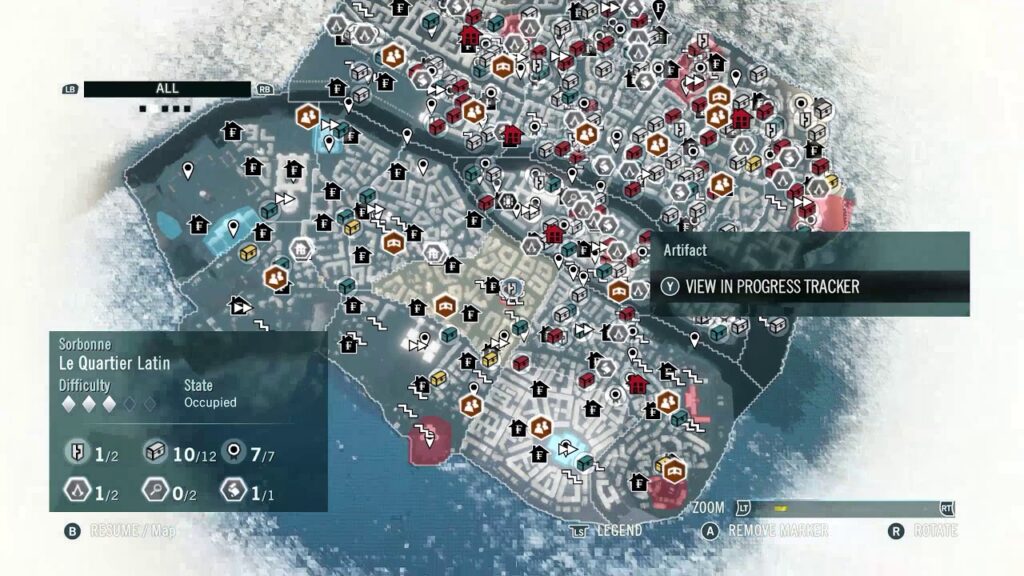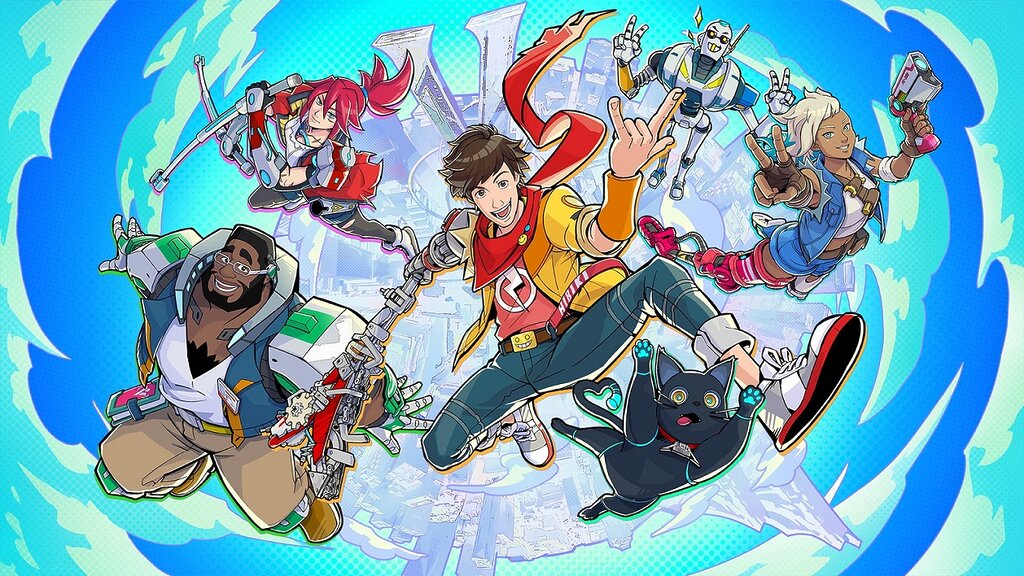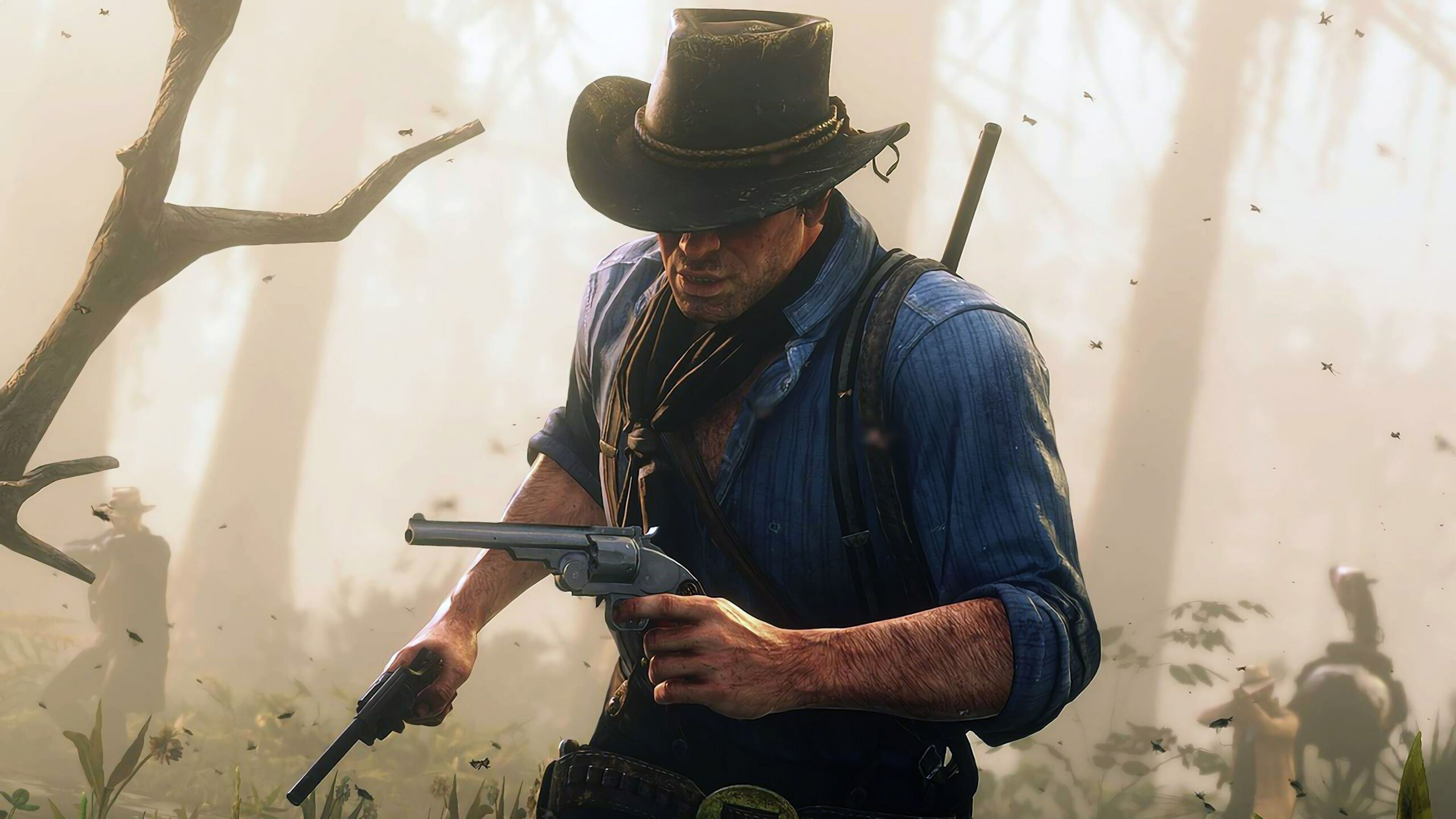- Modern gaming is focused on making each experience longer than the last.
- This often causes bloating problems, poor pacing, and various other issues.
- Shorter releases like Hi-Fi Rush show why it’s important to strike a balance between the two.
Modern games are more expensive than ever. With the base price now set at $70, additional microtransactions, various higher-end editions that raise the price further, and even more purchases through DLC and season passes, there’s a demand for more value in the AAA industry.
Players want to feel like they get more value from each purchase, and publishers are unwilling to budge from the $70 price standard. The solution, then, seems to be to offer the most content possible for this price.
At least, this is what most studios and people agree is the right approach. In my opinion, this works in some cases, but using it as the general rule is completely unacceptable.
Why it matters: Smaller and shorter titles show up far and few between in the industry today.
Most Games Don’t Work Well When Stretched Out

Let’s set the record straight. I don’t have a problem with lengthy games. In fact, I adore various RPGs and open-world titles that provide hours upon hours of content. However, it’s also important to note that this approach doesn’t work for every game.
One example I can immediately think of is Assassin’s Creed. Over the years, we’ve seen this franchise evolve from an open-world series that offered 10-20 hour-long stories into a franchise that has become notorious for being needlessly bloated.
Assassin’s Creed Valhalla requires a whopping 61 hours of gameplay for the main story alone. The main story doesn’t have enough quality to carry it through this many hours, so this is a huge commitment to ask for.
This isn’t true for Assassin’s Creed alone, and forcefully stretching out games leads to more than one problem. I believe the saturation of open worlds stemmed from this exact problem since this genre is tied to long games.
When done wrong, it leads to unnecessary bloat, filler content, and padding that makes the experience worse. This is a problem with nearly every modern open world since it barely tries to play to the genre’s strengths.
Instead, the open world is used to signify a lengthy experience, which audiences instantly equate with great value. Another example I can point to is The Last of Us Part 2. While it was not an open-world title, it lasted around 20-30 hours compared to its predecessor’s 10-13 hours runtime.
In my opinion, The Last of Us Part 2 suffered for being this long, overstaying its welcome by the end of the narrative.
More Hours Do Not Equal More Value

In my opinion, it’s time for the industry to move beyond the notion of value being defined by an arbitrary number of hours. When a game is said to be 5-6 hours, like in Hellblade 2’s case, most are quick to dismiss it for providing poor value.
Games are so complex as an entertainment medium that this approach is inherently flawed. For instance, Devil May Cry 5 lasts only 10 hours if you play the story once and put it down.
However, fans of the series will know that Devil May Cry 5 offers nearly endless replayability. The barebones argument of x amount of hours per dollar ignores the nuances of many games.
Let’s also discuss how a game’s length can sometimes dissuade audiences from experiencing it. Spending 50-100 hours on a long RPG is a major commitment, and it may push a certain crowd away.
After a long day at work, school, or college, you may not necessarily want to play an RPG that takes multiple hours just to get started. This is why I appreciate developers who go for denser experiences instead of forcing filler content to reach an arbitrary hour goal.
Striking A Fine Balance

As I said earlier, I’m not against studios striving to craft lengthier experiences. The likes of Red Dead Redemption 2 and Elden Ring work so well because of the amount of content on offer, but does that mean everything needs to be as long?
In an era where every studio wants to create the next big open world and audiences want more content, I hope to see a fine balance. Smaller games like Hi-Fi Rush are always a treat, and it would be great to see AAA studios find a similar balance.
This would also help them solve the ballooning budget problem and address the excruciatingly long development cycles of modern AAA gaming.
Thank you! Please share your positive feedback. 🔋
How could we improve this post? Please Help us. 😔
[Senior News Reporter]
Avinash is currently pursuing a Business degree in Australia. For more than 5 years, he has been working as a gaming journalist, utilizing his writing skills and love for gaming to report on the latest updates in the industry. Avinash loves to play action games like Devil May Cry and has also been mentioned on highly regarded websites, such as IGN, GamesRadar, GameRant, Dualshockers, CBR, and Gamespot.




